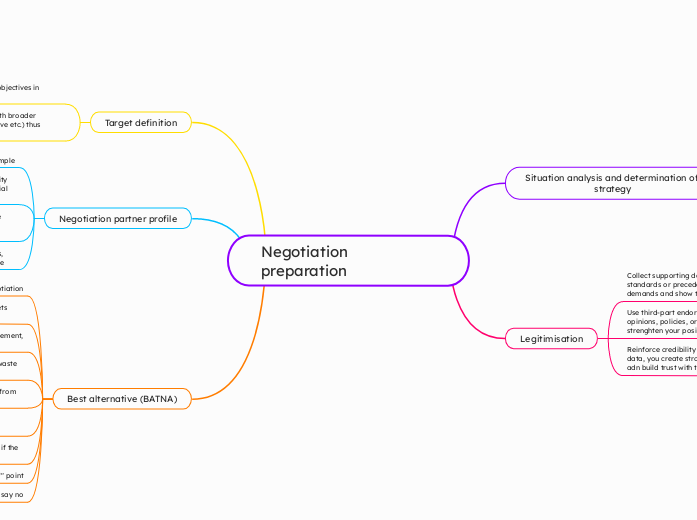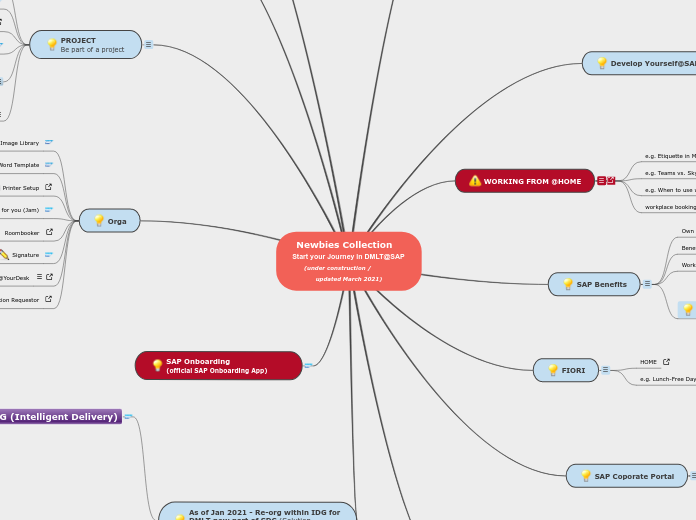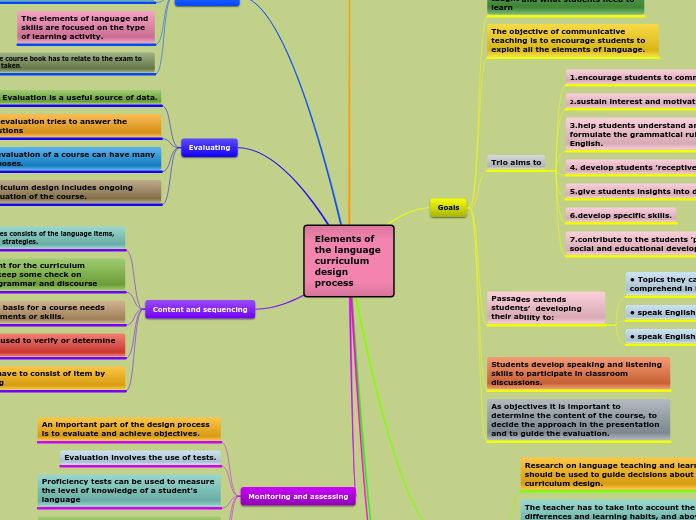Negotiation preparation
Best alternative (BATNA)
Easier to say no
Determines "walk away" or "break off" point
Deals exclusively with the remaining options if the negotiation fails
Maybe better to postpone or call upon an arbitration court
Other means to satisfy one's interests apart from the actual negotiation
Psychological pressure to agree and to not waste the time and energy already spent
In many cases parties conclude with an agreement, leaving them worse off
Brings parties closer to their individual targets than the possible agreement could
Best solution could be breaking off the negotiation
Negotiation partner profile
Assess partner's needs and interests - priorities, pain points, what they may stand to gain or lose
Evaluate decision-making style - are they more collaborative or competitive, cautious or risk-tolerant
Consider their restraints - time, budget, authority that may impact their flexibility or offer potential leverage
Know the other side - Nixon-Khruschchev example
Target definition
Link to strategy - align targets with broader strategy (competitive, collaborative etc.) thus ensuring consistency in approach
Analysing and determining your objectives in ansystematic and clear manner
Legitimisation
Reinforce credibility - grounding arguments in data, you create stronger foundation for your case adn build trust with the partner
Use third-part endorsements - reference expert opinions, policies, or industry benchmarks to strenghten your position
Collect supporting data - gather evidence, market standards or precedents that validate your demands and show they are fair or standard
Situation analysis and determination of strategy
What is at stake? Existence, job or only peripheral effects?
Partnership (high conflict; long-time relationship)
Supplier or client relationships; banks, financial industry (banks, investment brokers), law firms, comsulting companies, auditors
Relationship (low conflict; long-time partnership)
Nearly all human interrelations designed for long term: partners deciding on furniture, lobbyists, friends picking a movie, reporter-informant.
Short or long-term partnership
Competition (high conflict; short partnership)
Temporary reorganization managers, top political level, markers with protagonists in fast-changing positions (Russia, CEE), real estate market, market for equity
"Player " can't be punished for his behaviour
Co-ordination (low conflict potential; short time horizon of partnership)
Preservatiom of one's energy and resources. Flatmates designing new door plate, someone stealing your seat while going to bathroom









